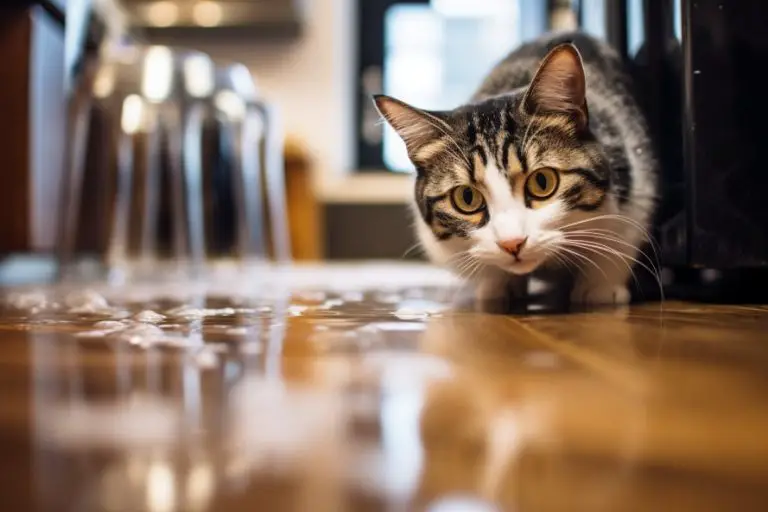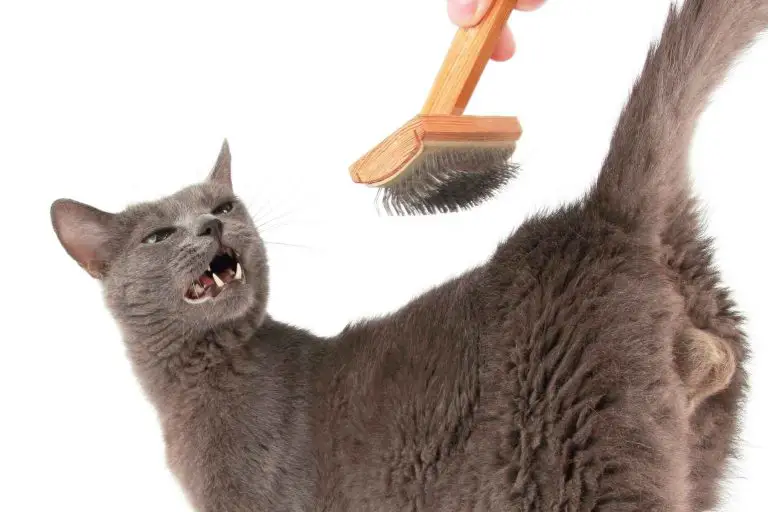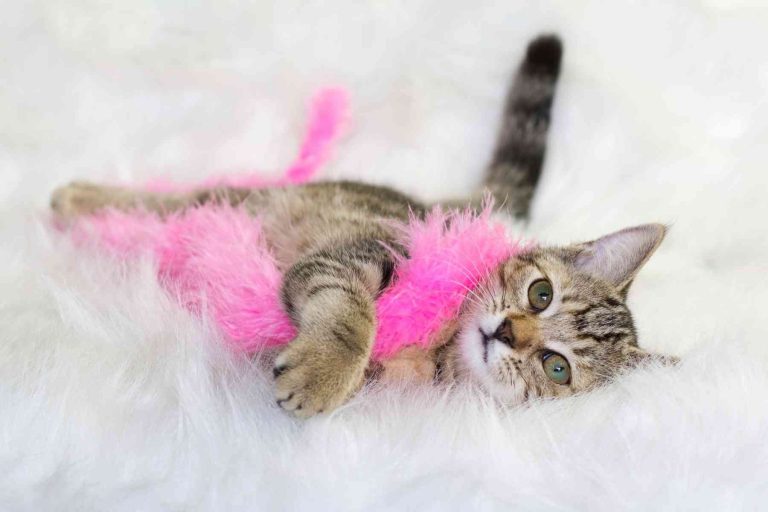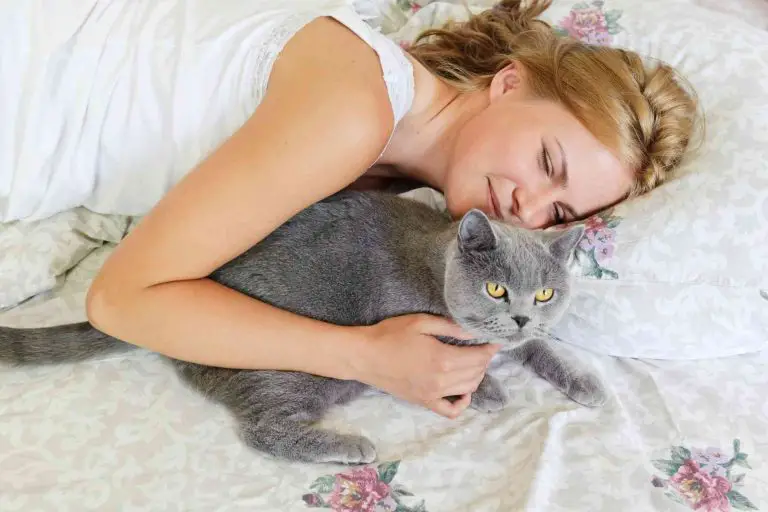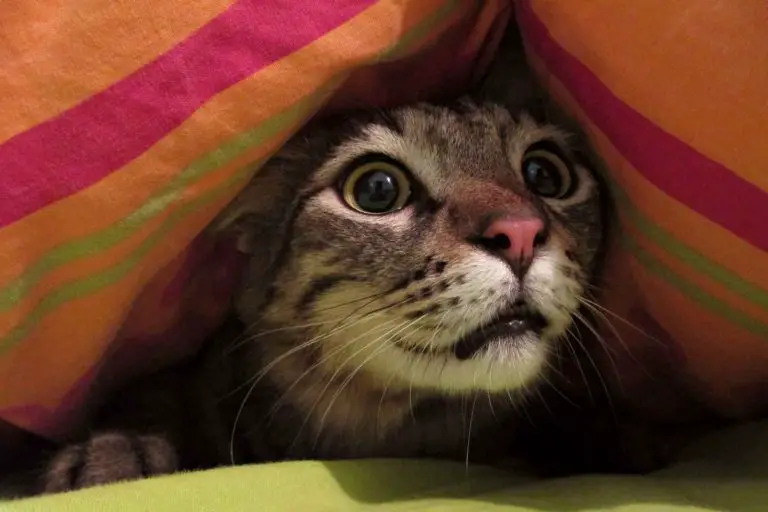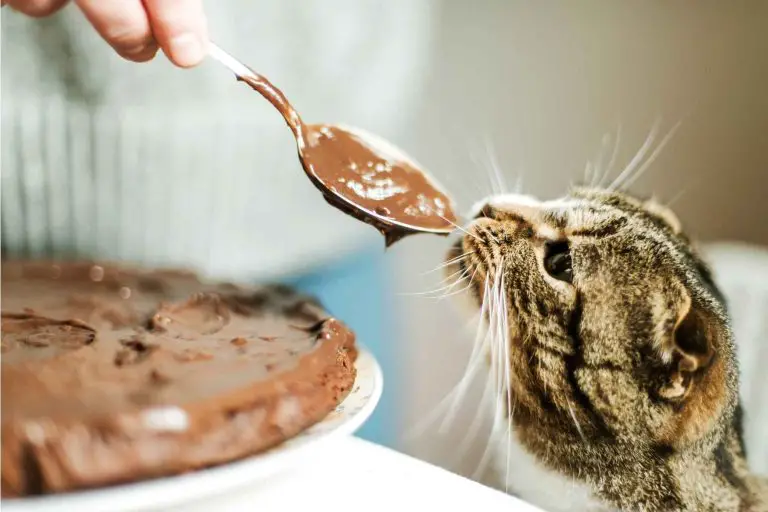Why Does My Cat Huff?
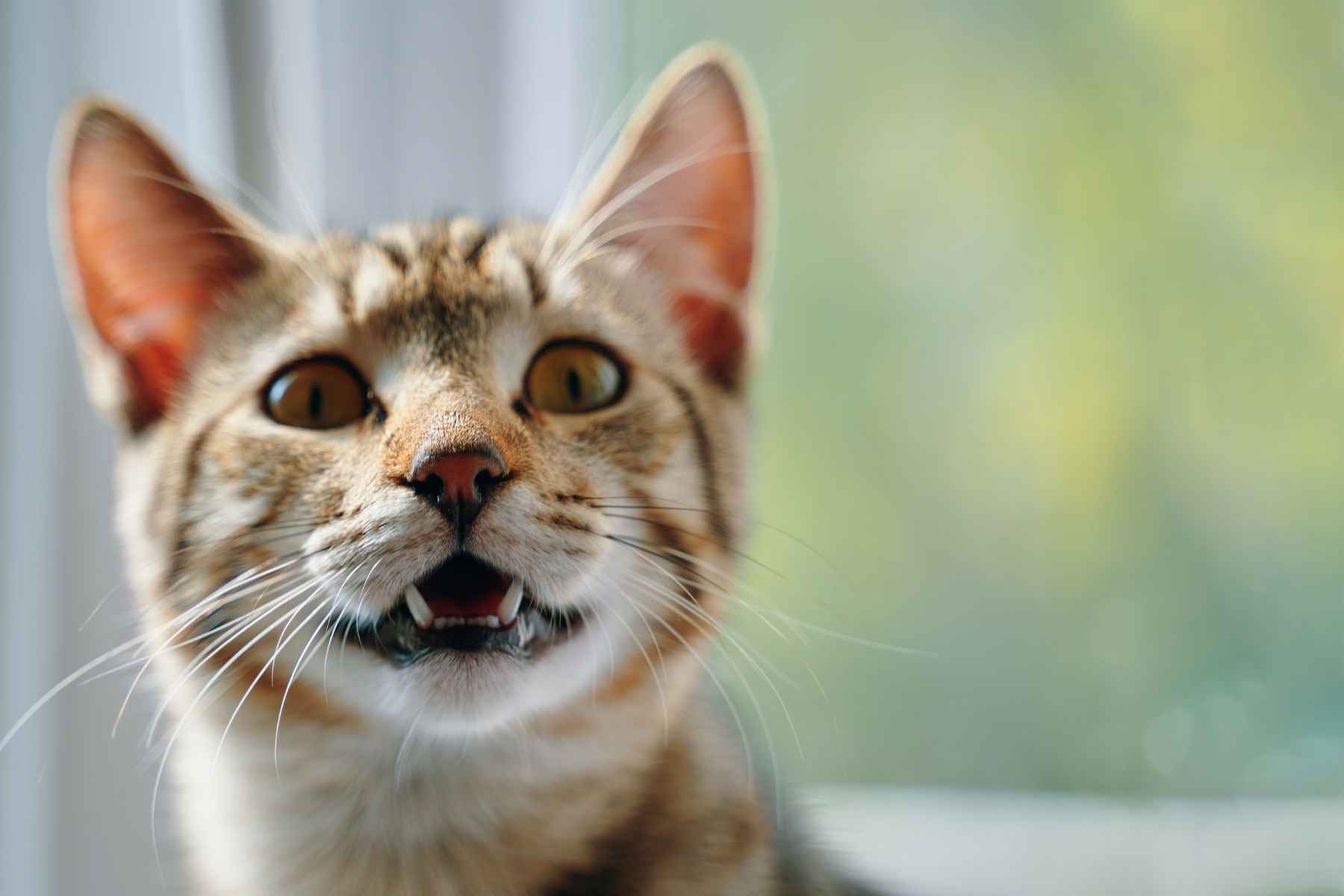
From a thumbs up to a shoulder shrug, humans use many nuanced behaviors to express their emotions, and your feline is no different. If they’re frustrated, they want a way to let you know about it.
A huff is one method of communication that cats use to tell their owners how they feel. This huff can represent contentment or irritation, depending on the context. It can also indicate that your pet is struggling with a health issue. Most likely, a short huff is a sign that you have done something to irritate them, and they are communicating their displeasure to you.
Continue reading to discover the different types of cat huff and what each one means. You’ll learn when a huff is normal and when it’s something to talk to your vet about, plus just how long your feline can hold a grudge.
What Is A Huff?
When your cat huffs, it exhales through its nose to communicate its feelings. This exhalation is a quick release of breath that allows a cat to express their feelings.
Why Does My Cat Huff?
Cat’s huff for several reasons. Sometimes this huff is more of a sigh to show their feelings of contentment, while other times, it’s a short huff to let you know that they are angry with you.
The best way to decipher why your cat is huffing at you is to establish the type of huff they do and the circumstances in which they do it.
If a cat seems otherwise happy (apart from the huff), then it’s likely a passing thought for them. Just like we get angry from time to time, so do cats. But, as long as your cat is content overall, they’ll quickly get over this minor frustration.
How Do I Know What My Cat’s Huff Means?
If you want to understand the message your feline is trying to communicate to you, you’ll need to look for the signs that help you understand their mood.
The Different Kinds Of Huff
Sighing: When humans sigh, it’s often a sign that we are tired, sad, or exasperated, but the same is not valid for cats. Most times, a cat sigh represents a state of total relaxation where your feline feels at ease.
If a cat feels lonely, it’s likely to stay completely silent rather than make a noise. While humans hold certain connotations with a sigh, you can rest assured that this expression is more of a sigh of relief for a cat at the end of a long day’s playing.
Panting: You’re most likely to see this open mouthed gesture when playing with your cat, and they slightly overexert themselves. This behavior is entirely harmless most of the time, though if it starts to happen more frequently, it could be a sign of infection or respiratory issues.
In simple terms, panting in cats is a similar behavior to many other animals, including humans. When we push ourselves to go that little bit harder, we become out of breath and are forced to breathe through our mouths.
The only time this is a cause for concern is if it happens on a daily basis, as regular panting can point to signs of asthma, fever, or a respiratory infection.
Wheezing: A wheeze is different from a pant because, during the former, your cat’s mouth will remain closed. While panting is a reasonably common occurrence, wheezing is not and most often points to come kind of respiratory issue. If your pet begins to wheeze, consult with your vet immediately.
Cats are well known for hiding their sickness, so they could be pretty ill without you realizing it. If you spot any signs of a respiratory illness, refer to a professional for the best advice and guidance.
A short huff: If the huffing sound does not fit any of the above categories and is instead a quick outward breath with a closed mouth, they may be huffing at you to show frustration. This is pretty rare, but this type of huff could mean your cat is angry at you.
Another circumstance that could cause a cat to huff is when they’re trying (unsuccessfully) to capture a bird or other prey. At this time, you may notice an accompanying “chattering” sound (a kind of akakak noise).
How Long Do Cats Hold Grudges For?
Cats don’t hold grudges the same way humans do because they do not have the same emotional intellect or responses. But that’s not to say that they won’t remember something you did to hurt them.
Research shows that a cat’s working memory is relatively limited; this means that a cat will tend not to sweat the small stuff. Instead, they take each day as it comes with a fairly clean slate.
However, their long-term memory is far more impressive – up to 200 times better than a dog’s – for the things that they choose to store. If you fed them an hour later than usual, they’re unlikely to find this worthy of a place in their long-term memory.
But if you do something to hurt, scare, or otherwise cause a feline trauma, they will store that memory and associate it with you for years to come.
Applying the human concept of “holding a grudge,” it is undoubtedly true that if you create a traumatic situation for a cat, particularly when they are still in a developmental stage, they may never forgive you.
Don’t worry; a huff represents a minor annoyance and isn’t likely to be something your cat will remember tomorrow.
When Is My Cat Most Likely To Huff?
Your cat is most likely to huff when they’re feeling tired. Often you’ll see this behavior connect with other signals of irritation such as flat ears, a swishing tail, or meowing.
Why Does My Cat Huff When We Play Together?
If your cat huffs when you play with them, it’s most likely due to the fact that they’re using a significant amount of energy and may be running short on breath. The physical exercise of playtime raises a feline’s heartbeat and makes them breathe a little faster and harder than usual.
It could also mean that your cat is getting frustrated by not being able to catch their prey. If you sense that this may be the case, offer them the chance to catch their prey and allow them to calm down.
Is It Normal For My Cat To Huff?
Yes, occasional huffing is a normal behavior and one of the many ways cats communicate their feelings to their owners. A huff is their way of telling you that something’s not right in the environment. Without this, a cat could not express its displeasure to you.
Still, it can be a little offputting the first time you hear your cat huff at you, and it’s essential to learn how to deal with it.
Why Does My Cat Huff Like A Dog?
If your cat is panting in a similar way to a dog, its most likely cause is tiredness or breathlessness following exercise or playtime.
Once you give your cat ample time to cool down and relax, their breathing should return to normal. If they continue to huff or pant, you should consult a vet to check for any respiratory issues.
What Is The Difference Between A Huff And A Chuff?
A huff is a short exhalation of air through the nose that conveys a cat’s emotions to a human. In comparison, a chuff is a way for cats to communicate with each other.
A chuff comprises a purr with a slight chattering of the teeth. It is a non-threatening vocalization utilized by cats in both wild and domesticated environments.
What Should I Do If My Cat Huffs At Me?
The most important thing to do if your cat huffs at you is to work out why.
If you refuse to feed them the last piece of chicken off your plate, then it’s pretty apparent that they’re unsatisfied with the outcome of a given situation. This kind of reason for huffing is nothing to worry about.
As we’ve explored, huffing out of irritation is a normal behavior, a way to communicate with you and let off some steam.
But, if the huff turns into more of a wheeze, or it happens more frequently with no rational explanation, you’ll need to examine the situation further. Whenever your cat starts to act out of character, it’s a good idea to take them to a vet for examination.
This gives you peace of mind that your cat is happy and healthy; while helping to uncover the reason for your cat’s huffing.
Final Thoughts
There are different “huffs” that a cat might display. On the one hand, a sigh shows contentment and relaxation, but on the other, a wheeze indicates that something could be wrong. And a short huff tells you that you have managed to aggravate your feline.
This quick outward breath relays their dissatisfaction with you – maybe you forgot their food? Or perhaps you scared them with a loud noise you made? But don’t worry, a huff represents only a minor convenience, so your kitty will forget all about it by tomorrow.

